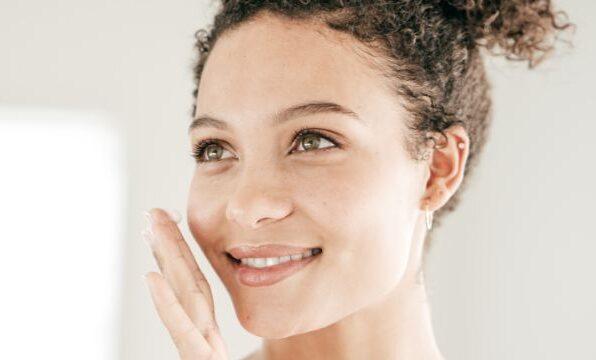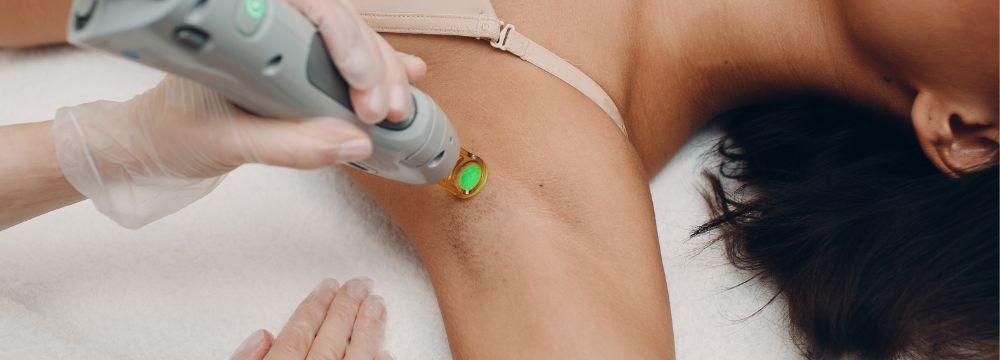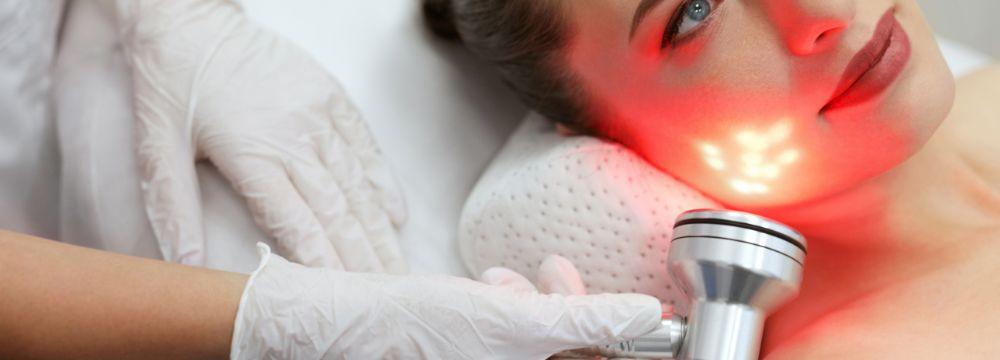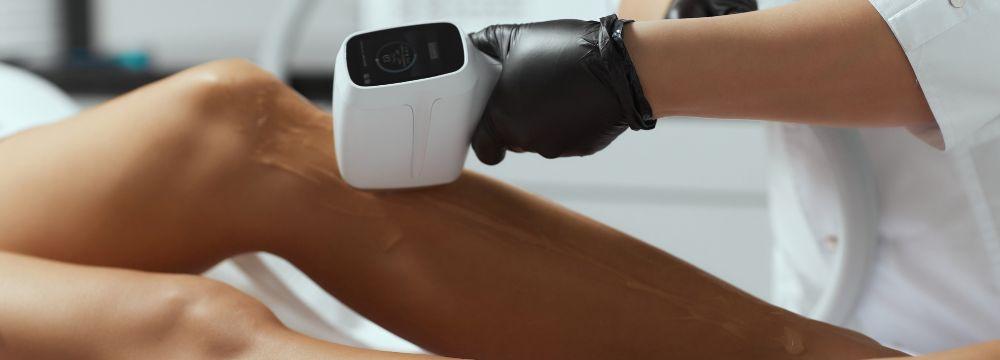Hormonal & Cystic Acne – Understanding the Differences
It’s a dreaded word – acne. And treating it appropriately is very important. We mustn’t think about acne as simply pimples. Pimples are the manifestation of an underlying condition, while acne is a condition in and of itself. It’s also essential to distinguish the spot here and there from a full-on acne breakout. Most of us can deal with the occasional spot with a bit of makeup or a commercially available pimple treatment. On the other hand, acne is far more challenging to control, and the potential for scarring is real.
Let’s talk about acne breakouts, what type of acne it could be, and how we, as dermatologists, treat it to ensure the best cosmetic and medical results.
Severe acne primarily comes in two forms: hormonal acne and cystic acne.
Hormonal Acne
As the name suggests, hormonal acne is related to changing hormones. Plenty of kids get acne during puberty or adolescence – it’s a rite of passage. We will focus on adult-onset acne, which first presents during the adult years. Hormonal acne appears deep under the skin and never comes to a head, unlike pimples closer to the surface. As such, there is no way to extract the pimple. It typically occurs in the lower 1/3 of the face.
For example, female patients often become prone to hormonal acne around the time they menstruate. Interestingly, the primary male hormone androgen (present in women, too) is the main reason for acne development, as it can lead to excess oil production in the skin. This excess oil creates a breeding ground for bacteria. Poor facial care and certain lifestyle factors like diet, stress, and lack of exercise can also contribute to developing or worsening a hormonal acne breakout.
While hormonal acne affects more women than men as adults, male patients tend to experience more severe breakouts. This is primarily due to the hormonal differences between genders revolving around testosterone.
The Importance of Oils
With the above being said, as you know from your skincare routine, oils are critical for the protection and health of your skin. We never recommend using harsh soap products that can strip important oils when used too often. It can be a delicate balance, but your dermatologist can help.
Prevention
Preventing hormonal acne is not straightforward, unfortunately. There are several potential triggers, and acne-prone skin will always be at risk of an outbreak. However, a proper skin care regimen is one of the first steps we can take to minimize dead cells, clogged pores, and surface dirt. In the context of acne-prone skin, this should always be developed with a dermatologist. Improving lifestyle habits is also essential in controlling hormonal acne. This means eating properly or following a skin-healthy program like the Mediterranean diet. This can provide critical antioxidants while also reducing androgen production. Quitting smoking, minimizing drinking, and exercising regularly all contribute to the reduction in hormonal acne breakouts.
The most important rule we can offer about hormonal acne is not to touch the area or pick at the pimples, as this can dramatically worsen the problem.
Cystic Acne
Cystic acne is a more general condition but forms similar bumps deep in the skin. Much like hormonal acne, touching or squeezing these bumps will not help and could spread bacteria elsewhere, only making it worse. Cystic acne can often be differentiated from its hormonal cousin because more of the face is typically affected, not just the lower third.
The causes of cystic acne can vary dramatically, and as such, it isn’t easy to know if there is a single cause or several areas to target for improvement. Typically, we will work with you to develop a list of possible triggers. This could include the cosmetics you use, any serums, creams, or ointments, and even the sheets you sleep on – how often you wash them and what you wash them with. Of course, we always return to proper diet, exercise, sleep, and hydration as important ways to keep your bodily functions regulated and minimize the risk of another outbreak.
As you can tell, treating acne can be challenging, and we do not suggest that patients try to manage it at home if their outbreaks are severe or worsening. Being under the care of a qualified dermatologist like those at North Atlanta Dermatology is an important next step in ensuring that the acne is treated well and that you reduce the likelihood of long-term scarring.




